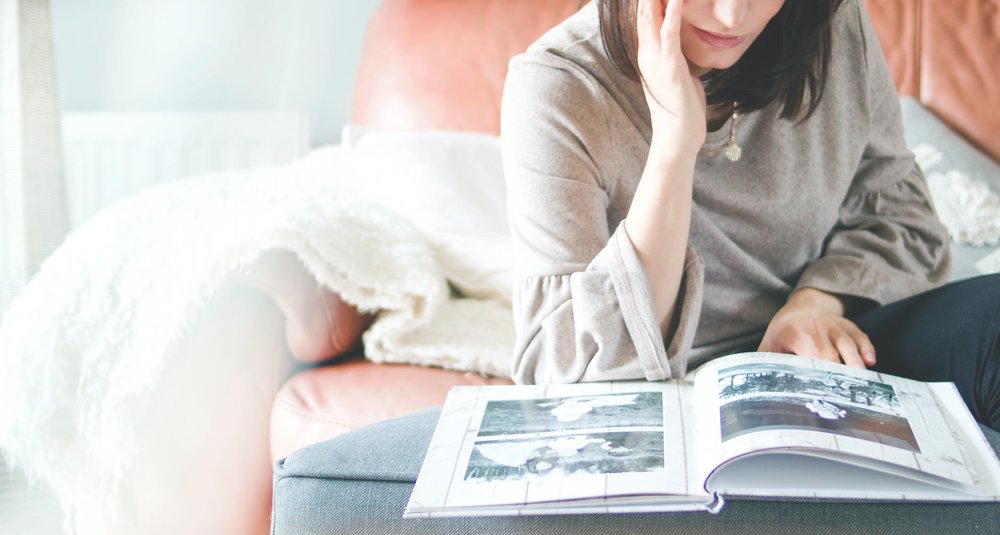Inspiration or Memory? How to Prevent your Past from Affecting your Present
I went to an art gallery today and I was so moved by many of the pieces I viewed. These artists were truly divinely inspired to create such incredible works. They were in the moment, creating what they were feeling, seeing, thinking— however they were being moved.

I went to an art gallery today and I was so moved by many of the pieces I viewed. These artists were truly divinely inspired to create such incredible works.
They were in the moment, creating what they were feeling, seeing, thinking— however they were being moved.
As humans, that is the optimal way to navigate through life: in the moment, feeling, thinking, acting, and simply being. It all boils down to two choices —inspiration or memory.
To live in the now, with awareness of self and others, in love and expansion, that’s the inspired place. To live a life shrouded in fear and contraction, stumbling from one knee jerk reaction to another, that would be the memory place.
How does one accomplish such a feat? For that is what it seems. How can we not have memories of transgressions, traumas, old hurts, and new ones, too.
There is a Hawaiian spiritual and healing practice called Ho opono pono, which deals with this very challenge. The solution, according to this practice, is to breathe and bring mindfulness to every action, every thought, every emotion that we experience as it happens. For we are responsible for not only our selves, but everything in our world. We, either consciously or unconsciously, created it. It’s a very empowering practice as we take full responsibility for it all, which makes us incredibly creative beings. In essence, we have been given the gift of creating our own heaven or hell.
So, in order to act with inspiration rather than react with memory, we need to be aware of our memories and how they affect us. We need to begin to see patterns in our lives, how we become irritated, frustrated, agitated, angry and why; how we allow our hearts to be broken and by whom; how we set ourselves up to be disappointed( You read it correctly. They didn’t disappoint us, they just didn’t live up to our expectations. Again, we have choice— maintain expectations or not.); how we are traumatized again and again and why we allow it. Then we have a choice: to continue on this memory path, or to see the patterns, and then, forgive ourselves. Yes, that’s right, forgive ourselves. For what, you may ask? For participating in the pattern of behavior which caused stress, chaos, and trauma to our lives and those of others. And finally, to extend ourselves love. For if we don’t do that, who will? We teach others how to treat us by how we treat ourselves.
This is done with a simple repetitive mantra, or words of power: I’M SORRY, PLEASE FORGIVE ME, I LOVE YOU , THANK YOU, again, said to ourselves, When we become upset, angry, or emotionally triggered, this mantra spoken silently or out loud, will help to return us to our center of peace where we can commit to a positive action as opposed to a knee jerk reaction.
In this practice, we are striving to reach zero, where we are memory free. This would be called in other religions and beliefs Buddha consciousness, Christ consciousness, God.
Although seemingly easy to accomplish, it entails a constant surveillance of self, which many are unwilling to tackle. Most people simply react to their lives, committing to being constant victims of circumstances. This simple yet profound practice will keep us in the moment, present with our thoughts, actions, and feelings so we in turn can be present with others. If we aren’t present with our selves, we sure can’t be present for friends and family.
And when we extend ourselves love, we can in turn, are able to radiate that frequency outward to all who enter our field.
I’m sorry, Please forgive me, I love you, Thank you. Try it. You will shift your present, quiet your past (memories), and leave you open to inspiration in your life.